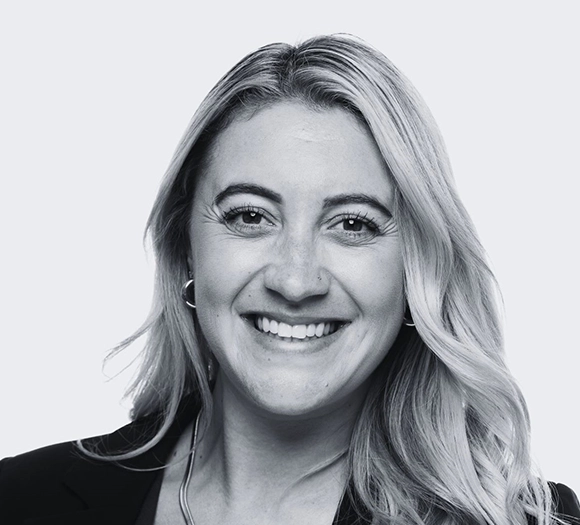How Can a Pathological Liar Recover?

Everybody lies at some point in their life. Whether “the dog ate my homework” or I boosted my dying friend’s morale with a “you look beautiful” even though all her hair just fell out, I always felt that some lies need to be told. However, I was a long way from being a pathological liar.
HOW THINGS CHANGED
When I started getting high, it only seemed natural to lie about it. That’s how I dealt with uncomfortable situations. I preferred to avoid confrontation, hurt feelings, and disappointment. And no one was going to understand how I beat a heroin addiction, stayed sober for seven years, and then was stupid enough to start smoking crack cocaine. I had no desire to deal with all that.
The first time I smoked it, I told myself that everyone in my life was on a need-to-know basis, and they didn’t need to know. And that might have been okay if it were a one-time thing, but I learned within mere hours that there’s no one night stand with crack. I was chasing that high before I even picked up my daughter from the babysitter.
IT BECOMES SECOND NATURE
Now that I was using again, I was constantly lying to others about everything from why my daughter was late for school to why I needed more time to pay my electric bill. And when people started giving me that look that says they know I am full of it, then I started lying to myself as well. I told myself that I needed it, that I couldn’t go through withdrawal again, and that I could lose custody of my little girl if I tried to get clean.
While the individual circumstances are different for each addict, our reasons for lying usually fall into four different categories:
- We want to hide our addiction – That was my very first thought, that I didn’t want anyone to know. I didn’t want to be judged or hassled, nor did I want to hear a lecture or know I disappointed my loved ones. And I definitely didn’t want to lose the trust I had worked so hard to build.
- We are ashamed – This is where it snowballs. I knew I screwed up, and I couldn’t stand the thought of anyone knowing it. Getting high gave me an escape from the guilt, but then each time I came down, I felt even more ashamed because I wasn’t strong enough to ride it out. I was caught in a vicious cycle.
- We don’t want to be confronted – I knew I was a mess; I didn’t need anyone telling me about myself. And I believed that sober people had no idea what I was going through anyway, even if they were addicts. They weren’t me.
- Some people make it so easy – Many of my loved ones didn’t want another confrontation either. They had their own lives to live and their own challenges to deal with, and they didn’t always have the stamina to deal with mine. It was easier for them to humor me, which in a sense, was giving me permission to continue lying to them.
HOW TO RECOVER
 Pathological lying goes hand in hand with addiction. In fact, it is such a common component of addiction that most counselors consider it to be part of the addiction process. The first step to recovery is to own our addiction, and the only way to do that is to stop the lying.
Pathological lying goes hand in hand with addiction. In fact, it is such a common component of addiction that most counselors consider it to be part of the addiction process. The first step to recovery is to own our addiction, and the only way to do that is to stop the lying.
Recognizing that rigorous honesty with myself and others is one of the necessary keys to recovery was the truth that set me free.
Beginnings Treatment Centers is located in beautiful and sunny Southern California in Orange County, which has one of the strongest and most active recovery communities in the United States. If you or your loved one is struggling with addiction, contact us today and speak with one of our experienced and professional intake advisors, we’re here to help.


